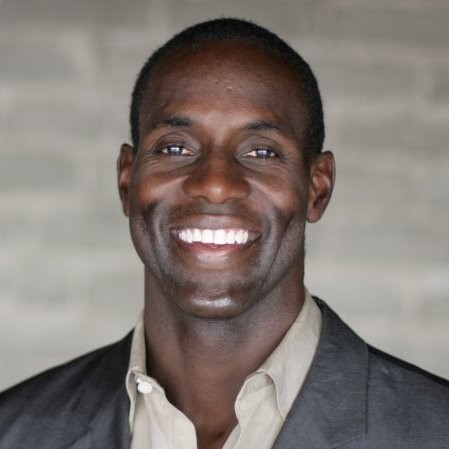Frances Crick's Email & Phone Number
Molecular biologist and biophysicist
Frances Crick's Email Addresses
Find personal and work emails for over 300M professionals
Not the Frances Crick you were looking for? Continue your search below:About Frances Crick
📖 Summary
Francis Crick was a molecular biologist and biophysicist who made groundbreaking contributions to the field of genetics and molecular biology. He is best known for his role in co-discovering the structure of DNA with James Watson in 1953, which paved the way for future advancements in the field of genetics.
Born on June 8, 1916, in Northampton, England, Crick showed an early interest in science and pursued a degree in physics at University College London. After completing his degree, he worked on the development of magnetic mines during World War II, which gave him valuable experience in the field of electronics and instrumentation.
After the war, Crick pursued a career in research and eventually found himself at the University of Cambridge's Medical Research Council Laboratory of Molecular Biology. It was here that he began collaborating with James Watson, and together they made one of the most significant scientific discoveries of the 20th century - the structure of DNA.
Their discovery, famously known as the double helix structure, provided a simple yet elegant explanation for how genetic information is stored and transmitted in living organisms. It laid the foundation for our current understanding of genetics and revolutionized the field of molecular biology.
Following the discovery of DNA's structure, Crick continued to make significant contributions to the field of molecular biology. He played a key role in deciphering the genetic code and was instrumental in the discovery of messenger RNA, which plays a crucial role in the translation of genetic information into proteins.
In addition to his scientific endeavors, Crick was also a proponent of the theory of panspermia, which suggests that life on Earth may have originated from microorganisms that traveled through space and landed on our planet. This theory, though controversial, demonstrates Crick's willingness to explore unconventional ideas and his openness to challenging established scientific dogma.
In 1962, Crick was awarded the Nobel Prize in Physiology or Medicine alongside James Watson and Maurice Wilkins for their discovery of the structure of DNA. This recognition solidified his status as one of the most influential scientists of his time and cemented his legacy in the annals of scientific history.
Crick's contributions to the field of genetics and molecular biology have had a lasting impact on our understanding of life and the mechanisms that govern it. His work has not only contributed to the advancement of scientific knowledge but has also paved the way for countless medical breakthroughs and technological innovations.
Despite his passing in 2004, Crick's legacy continues to inspire and influence future generations of scientists. He remains a towering figure in the scientific community and a testament to the power of curious minds and relentless pursuit of knowledge. His impact on the field of molecular biology and genetics is immeasurable, and his contributions will continue to shape scientific inquiry for years to come.
Frequently Asked Questions about Frances Crick
What was Francis Crick famous for?
Content. Francis Crick (1916-2004) was one of Britain's great scientists. He is best known for his work with James Watson which led to the identification of the structure of DNA in 1953, drawing on the work of Maurice Wilkins, Rosalind Franklin and others.
What Phd did Francis Crick have?
He became a research student for the second time in 1950, being accepted as a member of Caius College, Cambridge, and obtained a Ph. D. in 1954 on a thesis entitled «X-ray diffraction: polypeptides and proteins».
Did Watson and Crick get along?
The other two, James Watson and Francis Crick were friends and lab mates some 50 miles away at the Cavendish Laboratory at Cambridge University, where they worked cooperatively and shared their ideas.
When did Francis Crick died?
Crick died of colon cancer on the morning of 28 July 2004 at the University of California, San Diego (UCSD) Thornton Hospital in La Jolla; he was cremated and his ashes were scattered into the Pacific Ocean.
Frances Crick's Email Addresses
People you may be
interested in
American singer
Filipino actress
American actor
British actor
British actress
Ukrainian journalist
American singer
American actress
English internet personality
American actress
American actress

Actor at HBO Max






